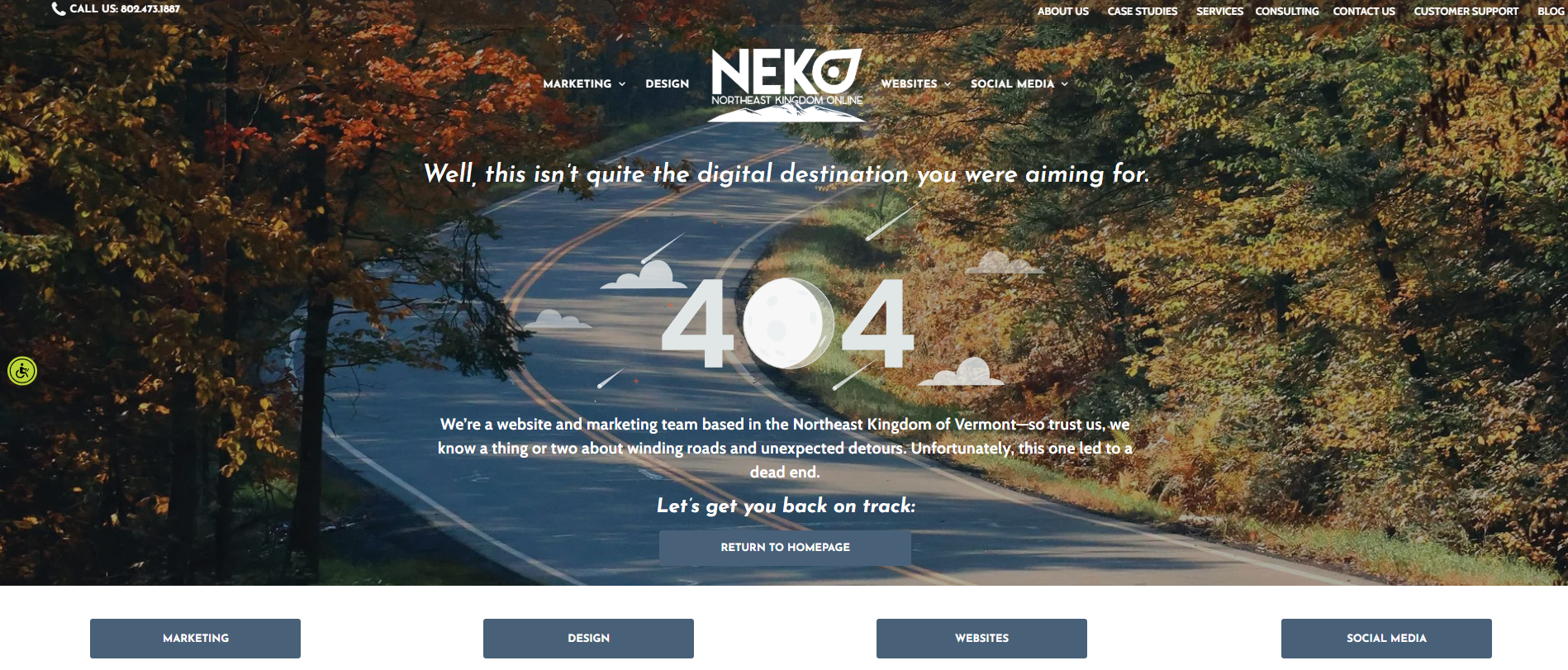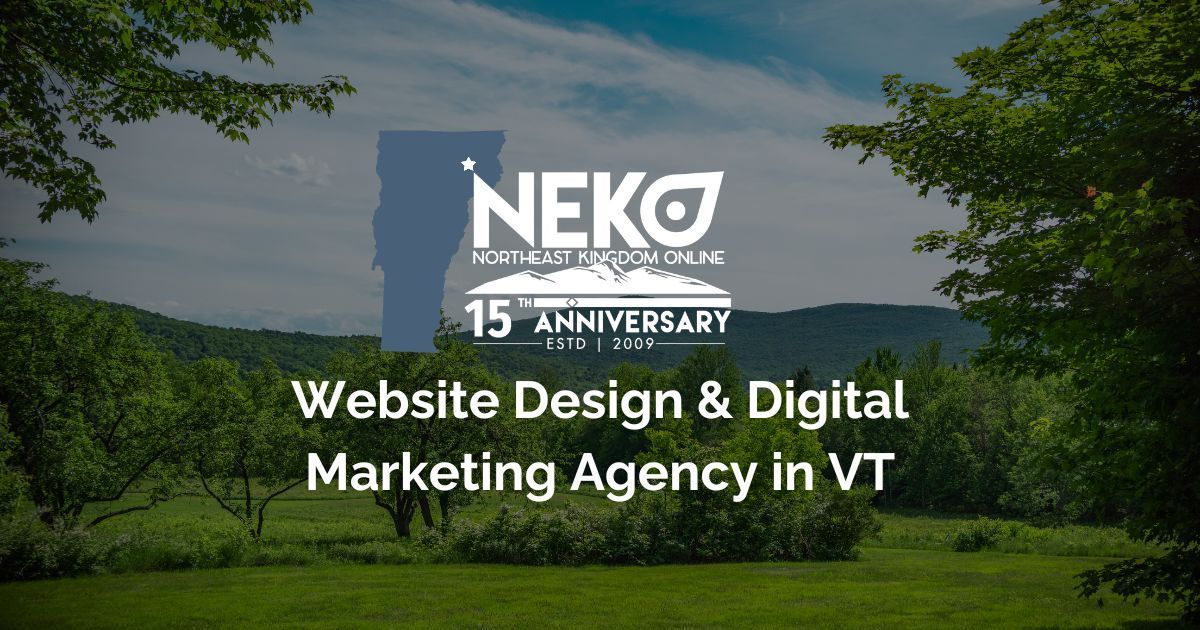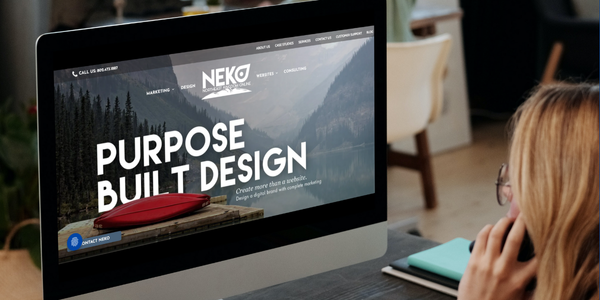SEO Myths Vermont Businesses Still Believe
No, Stuffing Your Footer with 32 Town Names Isn’t Helping. (Yes, We Checked.)
Don't Get Fooled: Common SEO Misconceptions in the Green Mountain State
Alright, Vermont. Let's talk SEO. We know you're busy running your incredible breweries, charming inns, artisan shops, and groundbreaking tech startups. You've heard whispers about search engine optimization – "SEO" – and you know it's important. But sometimes, what sounds like a good idea (or what worked back when flip phones were cool) can actually be holding your Green Mountain business back.
At NEKO, we're deep in the digital trenches, constantly learning what actually moves the needle for local businesses in 2025. And while we love Vermont's charming quirks, we're here to bust some persistent SEO myths with a smile and a stack of data.
So, put down that organic maple syrup, grab a notebook, and let’s debunk some common SEO misconceptions!
Myth #1: The "Town Name Tsunami" Footer is an SEO Goldmine
The Myth:
"If I list every single town name in Vermont in my website footer, Google will think I'm relevant for all of them!" You see it: "Burlington Web Design, Montpelier Web Design, Stowe Web Design, Brattleboro Web Design..." all crammed into the smallest font possible.
The Reality (and Why It’s Not Helping in 2025):
Google is smart. Like, scarily smart. It recognizes this tactic for what it is: an attempt to manipulate rankings. Instead of boosting your local visibility, it can actually make your site look spammy to search engines (and to real people!). Your website’s footer should be for essential navigation and contact info, not a geography lesson.
The NEKO Truth: Focus on genuine relevance. Create specific local landing pages for key service areas if it makes sense for your business model. Build high-quality content that naturally incorporates relevant location terms. Most importantly, optimize your Google Business Profile (more on that later!) – that’s your real local SEO powerhouse.
Myth #2: "Set It and Forget It" SEO is a Strategy
The Myth:
"I optimized my website's SEO five years ago when it launched. I'm good, right?" You paid someone (or did it yourself) to tick off some boxes, and now you assume the SEO magic just... happens.
The Reality:
SEO is not a one-time project; it’s an ongoing relationship. Search engine algorithms evolve constantly, your competitors are always upping their game, and your business (and target audience) changes. What worked last year, or even last month, might not be performing optimally today.
The NEKO Truth: Think of SEO as digital gardening. You plant the seeds (initial optimization), but you also need to water, weed, and prune regularly. This means continuous keyword research, content updates, technical audits, and monitoring your performance. A proactive, adaptive SEO strategy is key to staying visible in 2025.
Myth #3: Keyword Stuffing (Anywhere!) is King
The Myth:
"More keywords = higher ranking! So, I'll just sprinkle 'Vermont artisan cheese shop, best Vermont cheese, local Vermont cheese, buy cheese Vermont' everywhere on my page."
The Reality:
Similar to the footer issue, excessively stuffing keywords into your content (or even your meta descriptions) reads unnaturally and can be penalized by Google. Search engines prioritize user experience and high-quality, relevant content. If it sounds like a robot wrote it, a robot (Google's ranking algorithm) might just ignore it.
The NEKO Truth: Focus on user intent and natural language. What questions are your potential customers asking? What problems are they trying to solve? Create content that genuinely answers those questions and solves those problems. Integrate keywords naturally within well-written, valuable content. Google wants to see you providing the best answer, not just repeating words.
Myth #4: Reviews Don't Really Matter for SEO
The Myth
"Reviews are just for customers. They don't affect my search ranking." You might encourage them, but you don't see them as an SEO tool.
The Reality
Online reviews, especially on your Google Business Profile, are a massive signal to search engines about your business's trustworthiness, relevance, and quality. They are a critical component of local SEO. More positive reviews, regularly updated, with relevant keywords in them, can significantly boost your local search visibility.
The NEKO Truth: Actively encourage your happy customers to leave reviews on your Google Business Profile (and other relevant platforms like Yelp, Facebook, etc.). Respond to all reviews, positive or negative, professionally and promptly. This shows Google (and potential customers) that you're engaged and care about your reputation.
Myth #5: Social Media Likes & Followers Directly Boost SEO Rankings
The Myth
"If I get a ton of likes on my Instagram posts, my website will rank higher on Google!" This leads to a focus on vanity metrics.
The Reality
While social media certainly plays a role in your overall digital marketing ecosystem, direct social signals (like likes, shares, or follower counts) don't directly influence your Google search rankings.
The NEKO Truth: Social media indirectly supports SEO by:
- Increasing Brand Visibility: More people know about you, leading to more direct searches for your brand name.
- Driving Traffic to Your Website: Social posts with links can bring visitors to your site, increasing engagement metrics that do matter to SEO.
- Creating Shareable Content: Great content on social media can be linked to by others, generating valuable backlinks.
- Boosting Local SEO: An active social presence can enhance your overall online presence, which contributes to local authority. Focus on building a community and driving high-quality traffic, not just accumulating likes.
Ready to Ditch the Myths and Boost Your Vermont Business Online?
Navigating the ever-changing world of SEO can feel like trying to find cell service in the deep woods – challenging! But understanding these common myths is the first step toward a clearer path.
At NEKO, we specialize in cutting through the noise to build effective, modern digital strategies for businesses. We'll help you focus on what's actually working in 2025 – from optimizing your Google presence to crafting content that converts.
Don't let outdated myths hold your amazing business back. Let's talk about what's working now!











